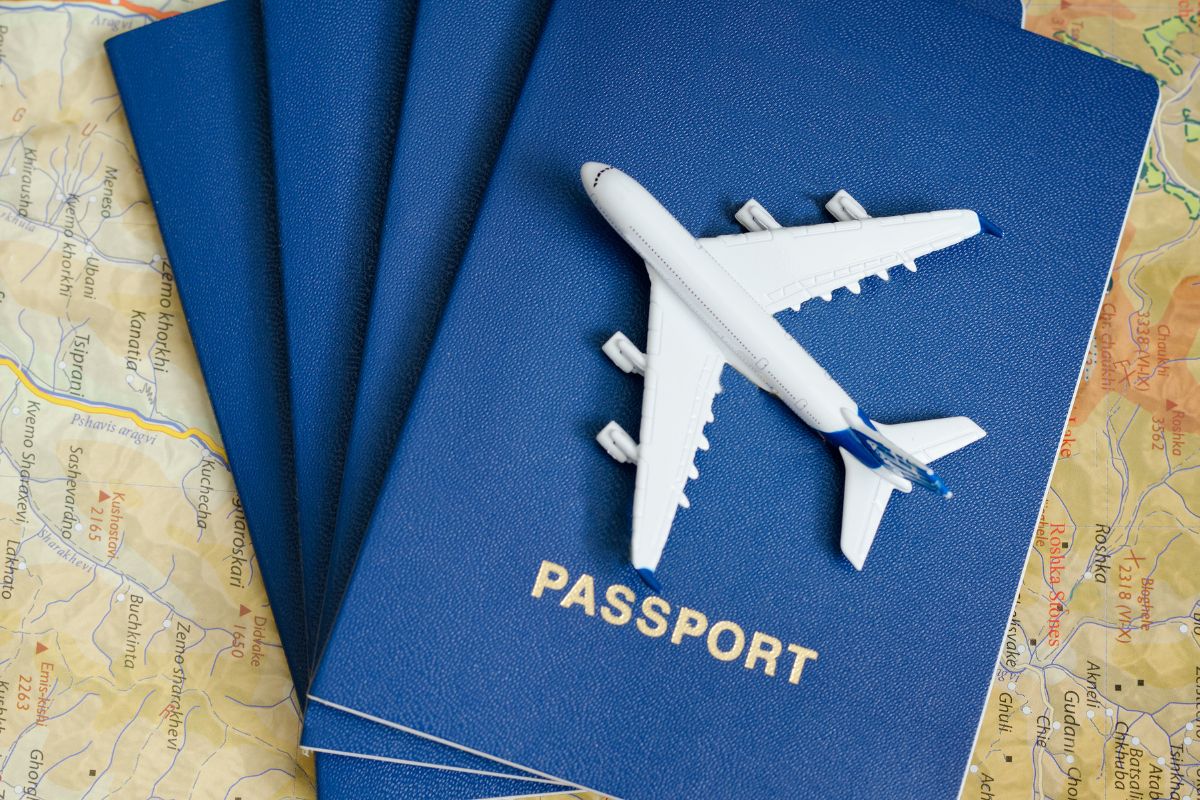Facing a visa refusal can be a daunting experience, often leaving individuals feeling lost in a sea of uncertainty. In such situations, seeking the guidance of a seasoned visa refusal lawyer becomes crucial. This article sheds light on the complexities of visa refusals, the role of a visa refusal lawyer, and the steps involved in challenging a refusal.
Understanding Visa Refusals
A visa refusal occurs when the immigration authorities do not approve an application for a visa to enter or remain in a country. This can be a disheartening and perplexing experience, especially when individuals have genuine reasons for their visa applications.
Common Reasons For Refusal
Visa refusals can stem from various reasons, including incomplete documentation, discrepancies in information, insufficient funds, or concerns about the applicant’s intentions. Understanding the specific grounds for the refusal is essential to address the issue effectively.
The Role Of A Visa Refusal Lawyer
Expertise In Immigration Law
A legal professional with expertise in immigration law and a deep understanding of the visa application process is well-versed in the complexities of immigration laws and regulations, making it easy to navigate the intricate web of visa refusals.
Assessment And Guidance
One of the primary roles of a visa refusal lawyer is to assess the reasons behind the refusal. They meticulously review the application and accompanying documents to identify gaps, errors, or inconsistencies. Based on this assessment, they provide strategic guidance on the best course of action.
Challenging The Refusal
When warranted, a lawyer can represent the applicant in challenging the refusal. This involves preparing a compelling case to present to immigration authorities or tribunals. They use their legal expertise to argue for the application’s merits and address the concerns that led to the refusal.
Steps In Challenging A Visa Refusal
Review And Analysis
The first step in challenging a visa refusal is a thorough review and analysis of the notice. The visa refusal lawyer examines the grounds for refusal, assesses the documentation, and identifies any weaknesses in the initial application.
Strategic Planning
Based on the analysis, the lawyer devises a strategic plan to address the refusal. This plan may involve gathering additional evidence, clarifications, or presenting a compelling case to immigration authorities.
Preparation Of Appeals Or Reviews
If necessary, the lawyer prepares appeals or reviews on behalf of the applicant. These documents outline why the refusal should be overturned, citing legal precedents and relevant immigration laws.
Representation And Communication
A visa refusal lawyer often liaises between the applicant and immigration authorities or tribunals. They represent the applicant’s interests, communicate with relevant authorities, and ensure the case is presented effectively.
Resolution And Outcome
Ultimately, the aim is to achieve a favourable resolution and overturn the refusal. A skilled lawyer leverages their legal expertise to advocate for the applicant’s rights and present a compelling case for reconsideration.
The Importance Of Legal Assistance
Expert Knowledge
Navigating the complexities of visa refusals requires in-depth knowledge of immigration laws and regulations. Expert lawyers possess the expertise to understand the legal framework and provide effective guidance.
Increased Chances Of Success
Seeking legal assistance significantly increases the chances of successfully challenging a visa refusal. Professional lawyers know how to build strong cases, address concerns and present persuasive arguments to immigration authorities.
Peace Of Mind
Dealing with a visa refusal can be emotionally taxing. Engaging a visa refusal lawyer provides peace of mind, knowing that a seasoned professional is advocating for your case and working tirelessly to achieve a positive outcome.
Conclusion
In the realm of immigration, visa refusals can pose significant challenges. However, with a visa refusal lawyer’s expertise, individuals can address the refusal, challenge it effectively, and increase their chances of obtaining the desired visa. Navigating the complexities of immigration law becomes more manageable with the guidance and advocacy of a skilled professional, offering hope and a path forward for those facing visa refusals.
















